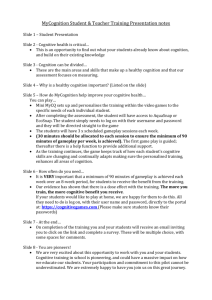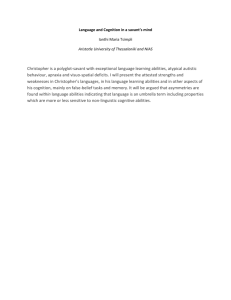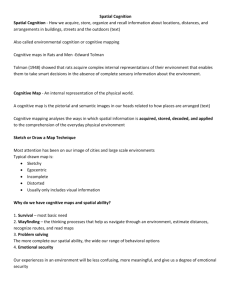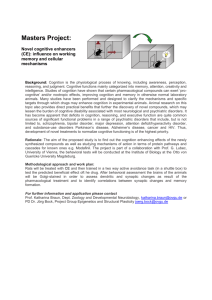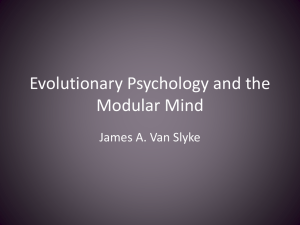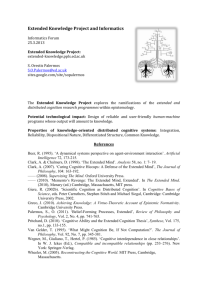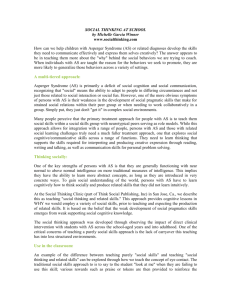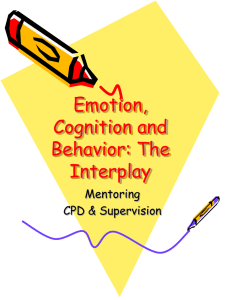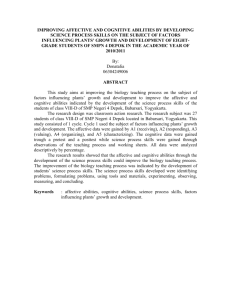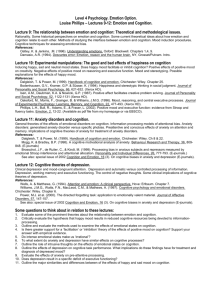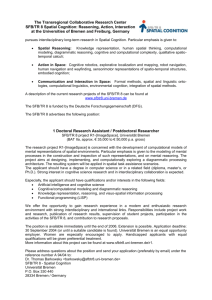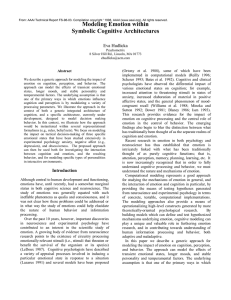Storbeck - QC Queens College
advertisement
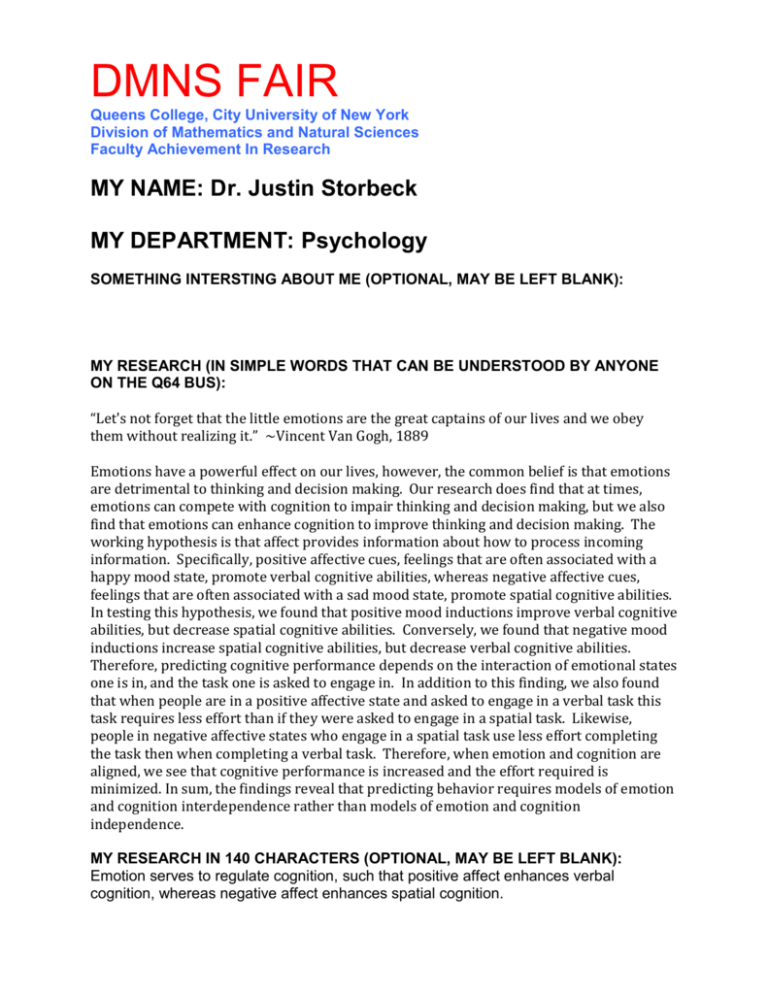
DMNS FAIR Queens College, City University of New York Division of Mathematics and Natural Sciences Faculty Achievement In Research MY NAME: Dr. Justin Storbeck MY DEPARTMENT: Psychology SOMETHING INTERSTING ABOUT ME (OPTIONAL, MAY BE LEFT BLANK): MY RESEARCH (IN SIMPLE WORDS THAT CAN BE UNDERSTOOD BY ANYONE ON THE Q64 BUS): “Let's not forget that the little emotions are the great captains of our lives and we obey them without realizing it.” ~Vincent Van Gogh, 1889 Emotions have a powerful effect on our lives, however, the common belief is that emotions are detrimental to thinking and decision making. Our research does find that at times, emotions can compete with cognition to impair thinking and decision making, but we also find that emotions can enhance cognition to improve thinking and decision making. The working hypothesis is that affect provides information about how to process incoming information. Specifically, positive affective cues, feelings that are often associated with a happy mood state, promote verbal cognitive abilities, whereas negative affective cues, feelings that are often associated with a sad mood state, promote spatial cognitive abilities. In testing this hypothesis, we found that positive mood inductions improve verbal cognitive abilities, but decrease spatial cognitive abilities. Conversely, we found that negative mood inductions increase spatial cognitive abilities, but decrease verbal cognitive abilities. Therefore, predicting cognitive performance depends on the interaction of emotional states one is in, and the task one is asked to engage in. In addition to this finding, we also found that when people are in a positive affective state and asked to engage in a verbal task this task requires less effort than if they were asked to engage in a spatial task. Likewise, people in negative affective states who engage in a spatial task use less effort completing the task then when completing a verbal task. Therefore, when emotion and cognition are aligned, we see that cognitive performance is increased and the effort required is minimized. In sum, the findings reveal that predicting behavior requires models of emotion and cognition interdependence rather than models of emotion and cognition independence. MY RESEARCH IN 140 CHARACTERS (OPTIONAL, MAY BE LEFT BLANK): Emotion serves to regulate cognition, such that positive affect enhances verbal cognition, whereas negative affect enhances spatial cognition.
